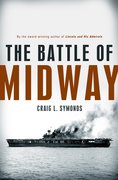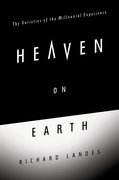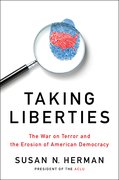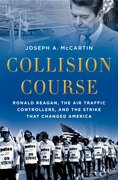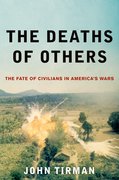Once again, “the people” prepare to elect an American president
By Louis René Beres
Apart from their obvious differences, all of the candidates, both Democrat (President Obama) and Republican, have one overriding chant in common. For each aspirant, every pitch is prefaced by sanctimonious appeals to “the people.” Whether openly, or with a quiet nod to a presumably more subtle strategy, “I want to be the people’s president” is always their conspicuously shared mantra.
This is not hard to understand. To suggest otherwise


